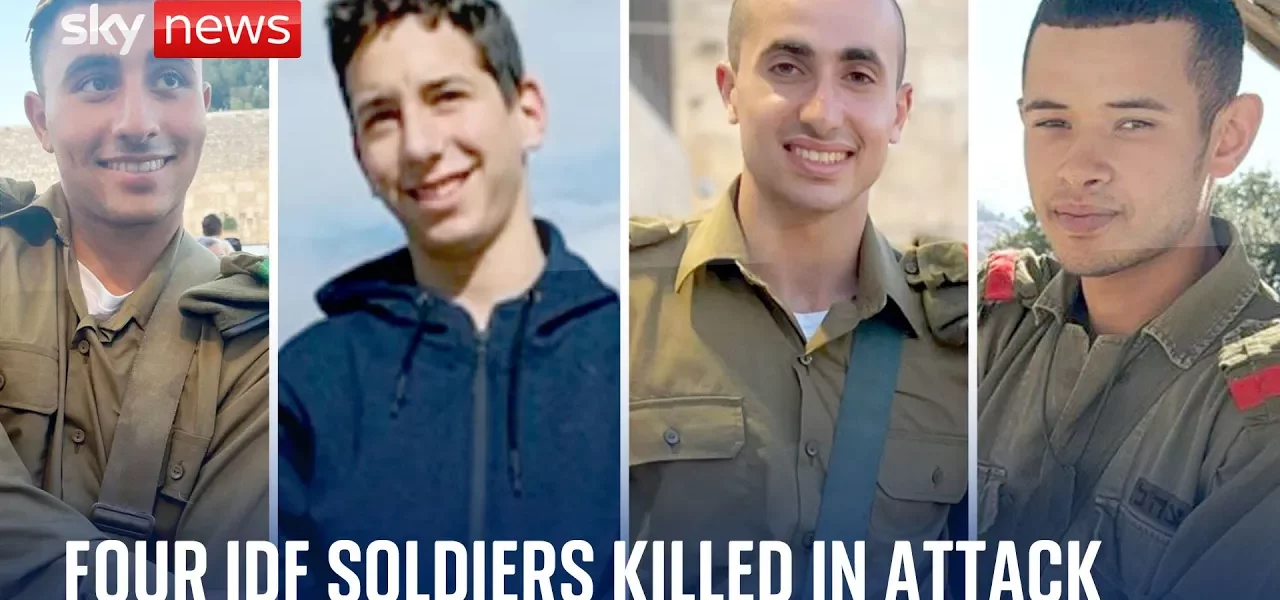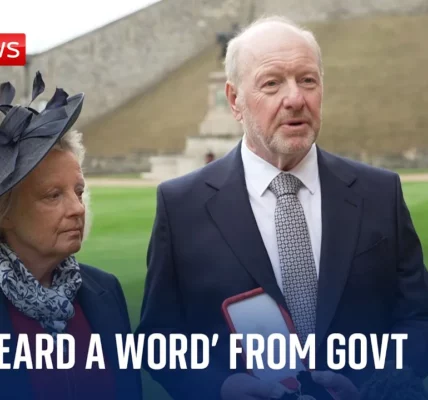Hezbollah Drone Attack: Four Israeli Soldiers Killed in Northern Israel

This article provides a comprehensive overview of the recent drone attack by Hezbollah on an Israeli military base, detailing the casualties, the implications for Israel’s security, and the broader context of the ongoing conflict in the region.
Introduction
The recent drone strike by Hezbollah on an Israeli army base has sent shockwaves through Israel, marking a significant escalation in the ongoing conflict. Four Israeli Defense Forces (IDF) soldiers lost their lives, with over 60 others sustaining injuries. This incident not only emphasizes the vulnerabilities within Israel’s defense systems but also highlights the ongoing tensions in the region, particularly with Hezbollah and its affiliations. The attack occurred at a critical time, raising questions about security measures and the future of military engagements in Northern Israel.
Details of the Attack
On the evening of the attack, four IDF soldiers identified as Sergeant Omri Tamari, Sergeant Yosef Heib, Sergeant Yav Agon, and Sergeant Alan Amite were killed at the Galani training base in Binyamina, Northern Israel. This incident marks one of the most devastating attacks on Israeli soil since the beginning of the conflict, indicating a major security breach.
The Mechanics of the Attack
Hezbollah’s operation involved a swarm of drones, which successfully penetrated Israel’s robust defense systems without prior warning. This attack coincided with a time when many soldiers were gathered for their evening meal, highlighting the unexpected nature of the strike.
Casualties and Emergency Response
- Four soldiers killed
- Over 60 soldiers injured, with several in serious condition
- Injuries necessitated transportation to eight different hospitals
The rapid emergency response involved multiple hospitals catering to the influx of injured soldiers, showcasing the urgency of the situation. The chaos following the attack left many in shock as soldiers attempted to aid their wounded comrades amidst the turmoil.
Reactions to the Attack
The Israeli government and military officials have expressed alarm over the incident, emphasizing the need to reassess security protocols. The first minister to respond indicated that while Israel has one of the most sophisticated drone defense systems, the attack revealed significant vulnerabilities.
Public Response
The news of the attack has left the Israeli public deeply unsettled. Many citizens, especially those with children of military age, expressed their fears and concerns regarding the safety of their loved ones. The emotional impact was palpable, with many stating, “it’s not simple” as they grappled with the reality of the situation.
Context of the Ongoing Conflict
This incident cannot be viewed in isolation but rather as part of a broader conflict involving Hezbollah and Israel, particularly in light of recent military actions in Lebanon. The attack is perceived as retaliation for previous Israeli strikes that resulted in civilian casualties in Beirut, where 22 people were killed.
Hezbollah’s Tactical Advancements
The use of drones signifies a tactical evolution for Hezbollah, prompting questions about their intelligence capabilities and technological advancements. Analysts are now considering whether this attack was a result of sheer luck or if Hezbollah has developed new strategies to evade Israeli defenses.
Israeli Military Strategy Moving Forward
- Reassessment of drone surveillance and interception capabilities
- Increased intelligence operations to monitor Hezbollah movements
- Potential retaliatory strikes against identified Hezbollah positions
The Israeli military’s response will likely involve a multi-faceted approach aimed at restoring deterrence while addressing the vulnerabilities exposed by this attack.
Conclusion
The drone attack by Hezbollah represents a significant escalation in the ongoing conflict, raising critical questions about Israel’s military strategy and defense capabilities. The loss of life and the injuries sustained highlight the human cost of this conflict and the urgent need for reassessment of security measures. As the situation continues to evolve, it is imperative for Israel to bolster its defenses and prepare for potential retaliatory actions from Hezbollah. Stay informed on the latest developments by following our in-depth articles on regional security and military affairs.
Explore related articles for more insights on the conflict and its implications.
“`




